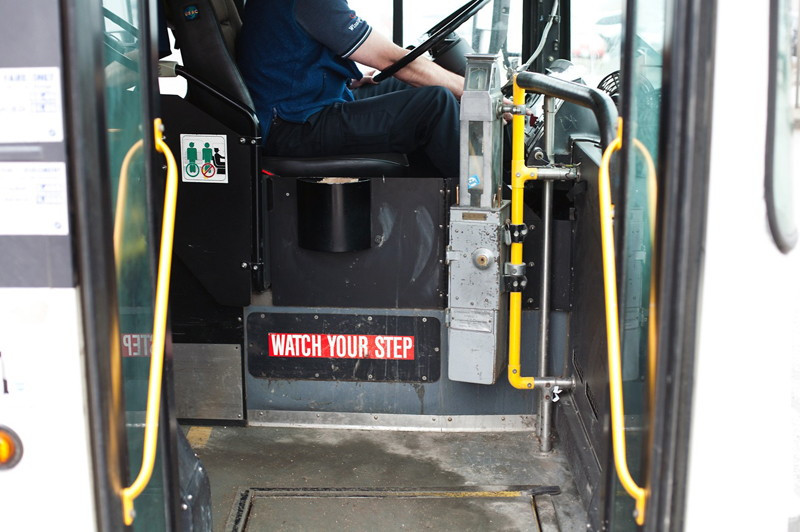Proposed transit fare increase takes a hike
The problem of paying for rapid transit
Six to zero.
Applause from the galleries marked the end of the Sam Katz regime in city hall.
For the past eight years, business in city hall operated under the “What Sam Katz wants, he gets, no questions asked.”
City hall was run by a mayor who surrounded himself by yes-men and did not listen to the general complaints of the citizens.
When candidates criticized him, he won the public’s heart by assuring citizens that he wouldn’t raise property taxes, unlike the opposition.
For eight years it worked, and he used it to win re-election in 2006 and 2010. But this past week, people Katz and Justin Swandel thought were their political allies said no.
Katz thought the 20-cent transit fare hike would pass easily and without disruption, to stick it to the province and put the blame on the province for not giving a good deal on rapid transit - a tactic he has employed before.
Despite the province’s constant stand of providing one-third of the costs of phase two of rapid transit, that deal continues to stand and the province has said it won’t back away - they are just waiting for city hall to come aboard.
Seeing this development of the public works committee voting six to zero rescinding the transit fare hike is a huge victory in many realms.
The mayor first said it was needed to fund rapid transit, but never made any formal commitment to it.
He also stated that it would provide $8 million a year, while Winnipeg Transit later estimated it would bring in $3.56 million for 2012 and $6 million in future years - well short of Katz’s goal.
But this was a battle Katz was going to lose anyway, regardless of the vote on the Public Works Committee and the Executive Policy Committee.
Premier Selinger had signed a letter to the mayor saying he would not allow a 20-cent fare hike.
“ City hall was run by a mayor who surrounded himself by yes-men and did not listen to the general complaints of the citizens
A rarity for the province - they used their constitutional powers to overrule the City of Winnipeg. It was a good call on the province’s part.
Rapid transit will benefit everyone in this city as it will spur growth in numerous ways, but there are more appropriate ways to pay for it.
We could follow British Columbia’s example: residents see a $3 transit levy fee on their hydro bills every month. The $3 a month goes to a fund that any municipality can use to fund transit and rapid transit projects.
In a span of 15 years, the Lower Mainland of B.C. has been able to construct three rapid transit lines, the Millennium Line, the Canada Line, and the now under construction Evergreen Line.
The Lower Mainland also had to deal with numerous municipalities and councils, but they got it done with much success.
Yet here in Winnipeg many believe the south-west line won’t be completed until 2031, while others believe it will never happen.
As long as this city council continues to govern the way it does I, too, am inclined to believe it will never happen.
Of course, there are still individuals who continue to believe that since they won’t use rapid transit, they shouldn’t have to pay for it.
Funny, I was not saying that when they agreed to the plan to widen Kenaston Blvd - a project that will cost the city of Winnipeg millions of dollars.
Rescinding the transit fare-hike is a major victory for bus commuters and motorists wishing to park the car to save some money from the pumps. But the task of getting four rapid transit lines completed by 2031 is still a mythical dream at city hall.
As the city cannot figure out a way to pay for it, stating that tax hikes are not an option, it may never happen.
Call me cynical, but this city hall has not given me much faith that they’ll do it.
Andrew Podolecki is a second-year politics student.
Published in Volume 66, Number 23 of The Uniter (March 14, 2012)







